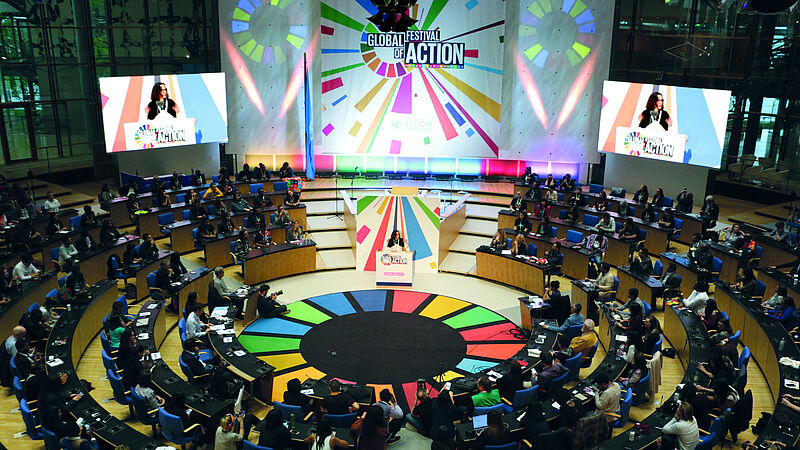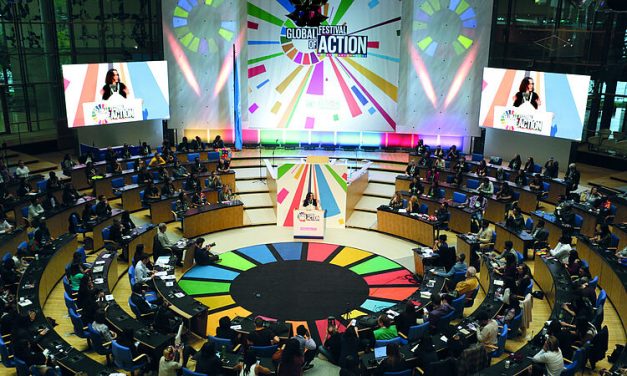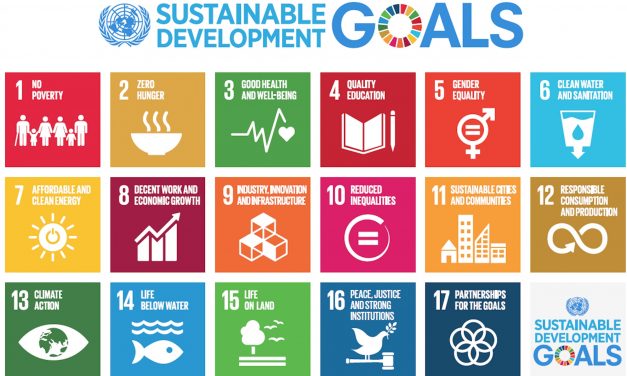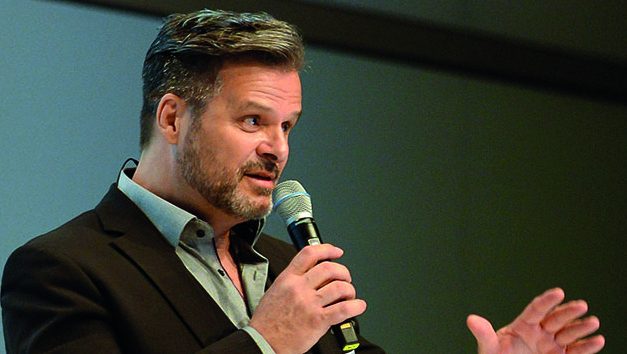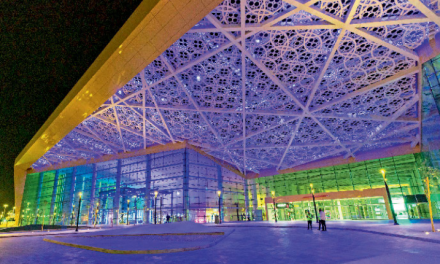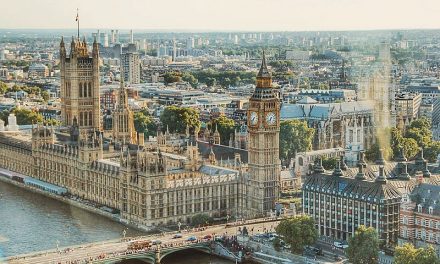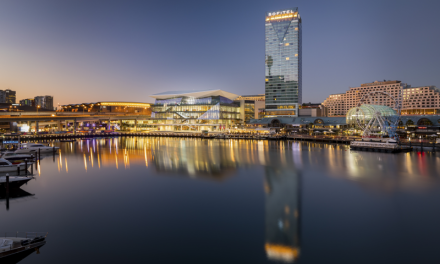Time is of the essence. “Science tells us that on our current path, we face at least 3 degrees Celsius of global heating by the end of the century,” UN Secretary General António Guterres warned at the United Nations (UN) Climate Summit in New York last September.
These are strong words, as researchers already predict devastating risks to nature and human life if the average temperature rises by 1.5 degrees. According to UN estimates the nations of this world have to step up their efforts three to fivefold to ward off the worst effects of climate damage and protect our habitat.
And the event industry is not exempt. On the contrary: According to studies by the event agency MeetGreen and the event manager blog, each attendee generates around 176.7 kg of carbon emissions per day. For an average three-day national event with 1,000 people, this equals 530 tons of carbon.
Consequently, the 2019 Climate Summit was the first to also discuss the duties of the global event industry, initiated by Fiona Pelham, dedicated CEO of Positive Impact Events. Driven by passion, she wants to contribute to achieving the 17 UN SDGs, United Nations Sustainable Development Goals (see also page 82). Adopted in 2015, they are to be implemented by 2030. Alongside education and anti-corruption measures, protecting the environment and the climate take centre stage.
A recent study titled “Meeting Room of the Future” by the International Association of Conference Centres (IACC) shows just how much clients focus on sustainability. 62 per cent of the event managers surveyed stated that they consider the venue’s credentials when it comes to food waste management. Recent results of the GCB meeting and event barometer show that a growing share of venues are using sustainability management systems: up 13 per cent over the past eight years, rising from 27 to 40 per cent.
This may having something to do with the EU-wide corporate social responsibility (CSR) reporting requirements. Since 2017, large listed companies with more than 500 employees have had to shed light on their sustainable business practices. Industry service providers, such as hotels or catering firms, are thus indirectly affected due to customer requirements.
“The sustainability of the meetings and events industry is at the forefront of companies’ and planners’ minds in 2020,” says Derek Sharp, Senior Vice President and Managing Director, CWT Meetings & Events. This development is supported by the next generation of travellers – the millennials. They are poised to become the biggest group of business travellers by 2024 and increasingly demand sustainable practices.
With its aim of being climate-neutral by 2050, Oslo, which has won the title of “Green Capital 2019”, could become a preferred host city. Its convention bureau is already seeing rising demand. This is no surprise for Guy Bigwood, Managing Director of the Global Destination Sustainability (GDS) Index. His forecast: “Driven by concerned students, citizens, local governments and corporations a new era of sustainability is rising, and will touch every corner of the events industry.”
The GDS Index, founded and supported by IMEX, MCI, ICCA and ECM, measures and lists destinations according to sustainability, evaluating ecological, social and economic factors. Gothenburg was top of the list for the fourth time running in 2019. Berlin Convention Office (BCO) is eager to join, its team aims to take it into the GDS Index. With “Sustainable Meetings Berlin”, the BCO puts sustainable development into the spotlight. ‧Together with its partners, it wants to ensure that the players in the German capital commit to green event planning.
“It‘s not enough just to make individual events sustainable,” emphasise Luisa Mentz and Kyra Reiter of Sustainable Meetings Berlin in unison. “All organisers and all service providers without exception – from the agency through hotels to the caterer – must work sustainably.”
“Anyone who works behind the scenes at events, especially trade shows, knows how much waste they generate. Only very rarely are resources handled responsibly and recycled. The same applies to food wastes in catering. At a conventionally staged event more than 30 kilos of food are destroyed per 100 people. “That is why I believe that everyone working in the event industry has a responsibility to contribute to climate protection.” Jürgen May, CEO and Owner of 2bdifferent
- Photo: United Nations Sustainable Developement Goals – Time for Global Action for People and Planet.
- Jürgen May, CEO und Inhaber von 2bdifferent. Photo: 2bdifferent

